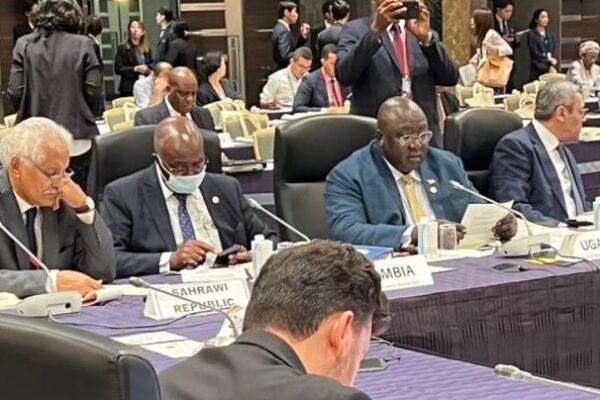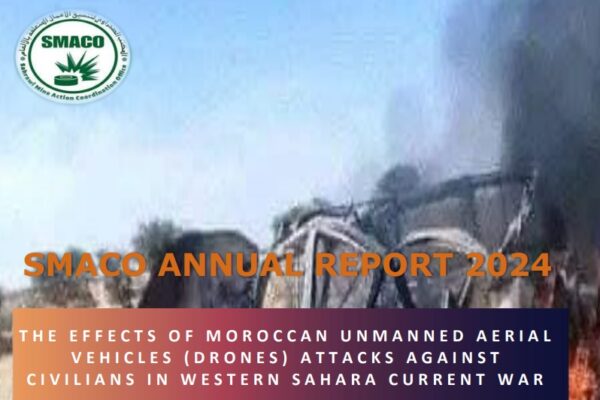African and Latin American Nations Demand Implementation of Long-Stalled Western Sahara Referendum

African and Latin American Nations Demand Implementation of Long-Stalled Western Sahara Referendum
African countries have renewed their calls for the full implementation of a decades-old United Nations plan to hold a referendum on self-determination for the Western Sahara people.
Representatives from Angola, Namibia, South Africa, Zimbabwe, Mozambique, and Algeria all spoke at the UN Special Committee on Decolonization, emphasizing their support for the Sahrawi people’s right to choose their own future.
Algeria’s Representative to the UN pointedly questioned Morocco’s claims to the territory, highlighting the International Court of Justice’s (ICJ) recognition of Western Sahara as distinct and separate. He also underscored historical actions by Morocco that contradicted its current stance, such as agreeing to a partition of the land with Mauritania.
The representative of Angola stressed his country’s principled position rejecting colonialism in all its forms and manifestations and supporting the right of colonial peoples to self-determination and independence.
The representative of Namibia stated that through the Declaration on the Granting of Independence to Colonial Countries and Peoples, the United Nations affirmed its special responsibility towards the Sahrawi people and affirmed that her country remains committed to the priority of the right to self-determination and remains unequivocal in its continued support for the people of Western Sahara in their pursuit of this inalienable right.
The representative of South Africa, in turn, pointed out that Western Sahara is the last remaining colony on the African continent, and once again reaffirmed his country’s support for the inalienable right of the Sahrawi people to self-determination and independence in accordance with the principles enshrined in the United Nations Charter and other relevant resolutions, and the legal opinion of the International Court of Justice (1975) and the decisions of the African Union.
Mozambique representative on his side, referred to Security Council resolution 690 of 1991, which established the United Nations Mission for the Referendum in Western Sahara (MINURSO) to organize a self-determination referendum in Western Sahara, and affirmed his country’s support for the inalienable right of the Sahrawi people to self-determination and independence.
The representative of Zimbabwe mentioned that the issue of Western Sahara has been on the agenda of the Fourth Committee of the United Nations since 1963, and that the situation in Western Sahara, the last colony in Africa, is a bitter reminder of the obstacles to the implementation of the United Nations settlement plan through a referendum supervised by the United Nations Mission for the Referendum in Western Sahara (MINURSO).
Latin American nations echoed this sentiment during the thematic session. Representatives from Bolivia, Cuba, Mexico, Nicaragua, Venezuela, Belize, Ecuador, and Colombia all voiced their support for a referendum and a just resolution that respects the Sahrawi people’s right to self-determination.
The issue of Western Sahara has been on the UN agenda since 1963, making it the continent’s last colonial territory. The UN Security Council established a mission, MINURSO, in 1991 to oversee a referendum, but progress has stalled.
Many speakers expressed concern over the ongoing situation and the Sahrawi people’s continued struggle for self-determination. They urged all parties involved to find a solution that upholds international law and respects the will of the Sahrawi people.






